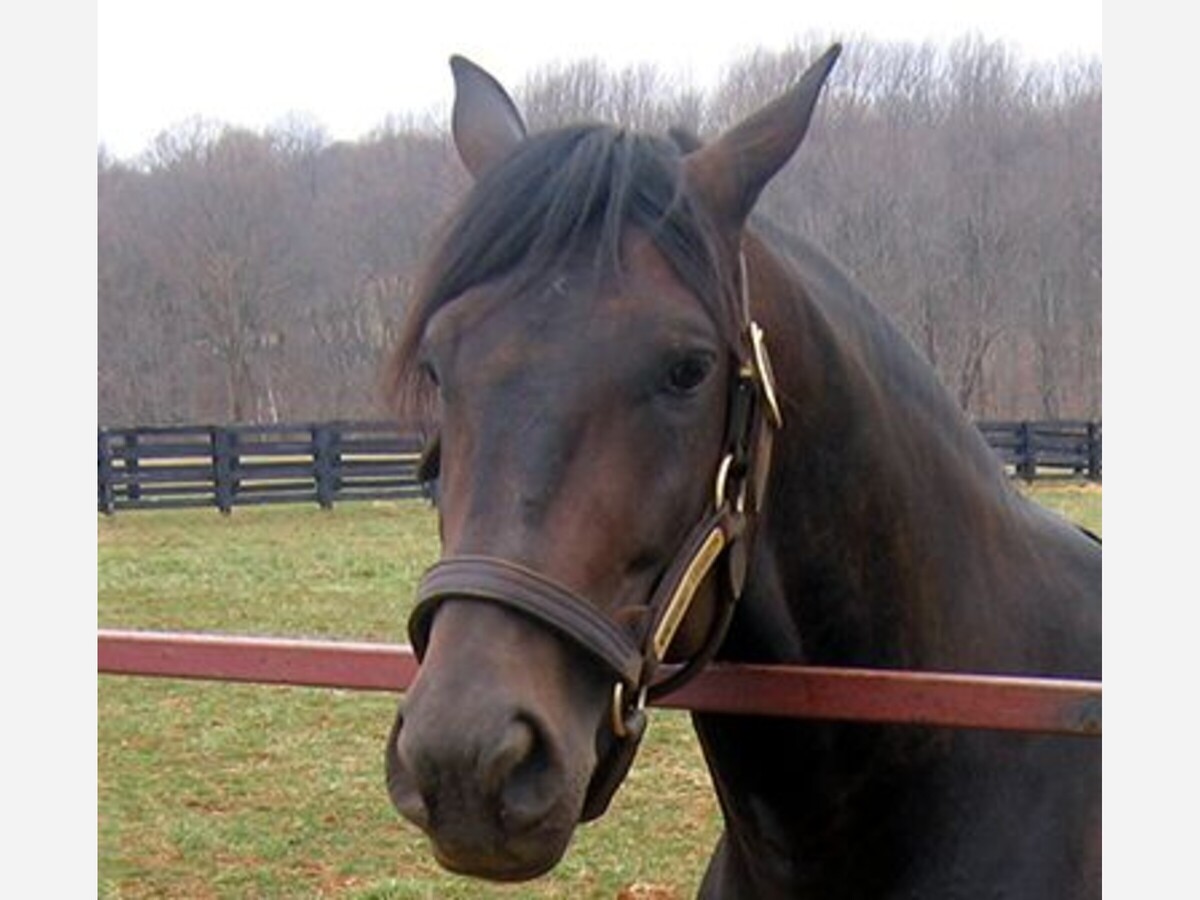Equine Herpes Outbreak: First Case of 2023 Detected in Hunterdon County Horse
In what marks the first occurrence for 2023, a horse in Hunterdon County has tested positive for Equine Herpes Myeloencephalopathy (EHM), a severe and often lethal form of the Equine Herpes Virus (EHV-1). This development prompted a swift response from the New Jersey Department of Agriculture (NJDA), resulting in an immediate quarantine of the affected property.
An 8-year-old gelding exhibited acute clinical symptoms on May 12 and was consequently euthanized. The virus, while perilous for horses, does not affect humans or other domestic animals, with the exception of llamas and alpacas.
As part of the preventive measures, the remaining horses on the premises are under quarantine, with their temperatures being monitored twice daily to detect any signs of the disease. The NJDA is also tracing and informing relevant parties about the recent movement of horses.
"The Department took swift action to prevent the disease from spreading to other horses by enacting a quarantine, which stops movement of horses in and out of properties and puts in place preventive measures to contain the virus,” stated New Jersey Secretary of Agriculture Douglas H. Fisher.
The EHV-1 virus spreads rapidly from horse to horse and can trigger respiratory issues, particularly in younger horses, spontaneous abortion in pregnant mares, and even death in its neurologic form. The incubation period ranges from 2 to 10 days, with symptoms encompassing respiratory disease, fever, nasal discharge, depression, cough, lack of appetite, and/or enlarged lymph nodes.
Those horses infected with the neurologic strain of EHV-1 typically exhibit mild incoordination, hind-end weakness/paralysis, loss of bladder and tail function, and a diminished sensation to the skin in the hind end. The virus is readily transmissible through direct contact with infected materials. Although it is highly infectious, the virus does not persist in the environment for an extended period and is neutralized by hand soap, alcohol-based hand sanitizers, and sunlight.
The NJDA Animal Health Diagnostic Laboratory is offering assistance to veterinarians for EHV-1 testing. Horse owners who are concerned or if they suspect Equine Herpes should immediately consult with their veterinarian as the clinical signs of EHM are similar to many other diseases.
Equine owners and caretakers are urged to stay informed and vigilant to prevent further outbreaks and ensure the health and safety of the equine community in New Jersey.















